George Floyd trial: family awarded record payout
The defence in the trial of Derek Chauvin, the officer who kneeled on George Floyd’s neck until he died, has asked to delay proceedings in light of the “prejudicial” settlement.
News
Don't miss out on the headlines from News. Followed categories will be added to My News.
Derek Chauvin’s legal defence has asked the court to delay the criminal trial of Chauvin, or to re-question jurors in the light of the record civil settlement made between Minneapolis and George Floyd’s family.
In a hearing on Monday, local time, lawyer Eric Nelson said he was “gravely concerned” about the payout, calling it “inredibly prejudicial”, invoking the “dangers of pre-trial publicity.”
The family of George Floyd will receive a US$27 million (A$34.8 million) payout, as the City of Minneapolis agreed to settle a civil lawsuit over his death in police custody.
The payment was agreed upon as jury selection continued in the murder trial of a former police officer.
According to Fox News, Floyd family attorney Ben Crump said in a prepared statement it was the largest pretrial civil rights settlement ever, and “sends a powerful message that Black lives do matter and police brutality against people of colour must end.”
Floyd died in police custody in May last year after police officer Derek Chauvin, who has been charged with murder, pressed his knee against his neck for nine minutes, sparking at times violent protests in Minneapolis and across the US.
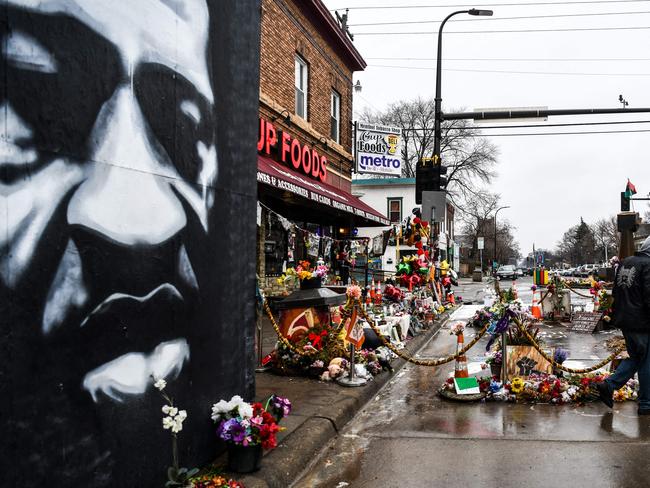
“I hope that today will centre the voices of the family and anything that they would like to share,” Minneapolis Council President Lisa Bender said.
“But I do want to, on behalf of the entire City Council, offer my deepest condolences to the family of George Floyd, his friends and all of our community who are mourning his loss.”
The family of Floyd filed the federal civil rights lawsuit in July against the city, Chauvin and three other fired officers charged in his death.
It alleged the officers violated Floyd’s rights when they restrained him, and that the city allowed a culture of excessive force, racism and impunity to flourish in its police force.
In 2019, Minneapolis agreed to pay US$20 million to the family of Australian Justine Ruszczyk Damond, an unarmed woman who was shot by an officer after she called 911 to report hearing a possible crime happening behind her home.
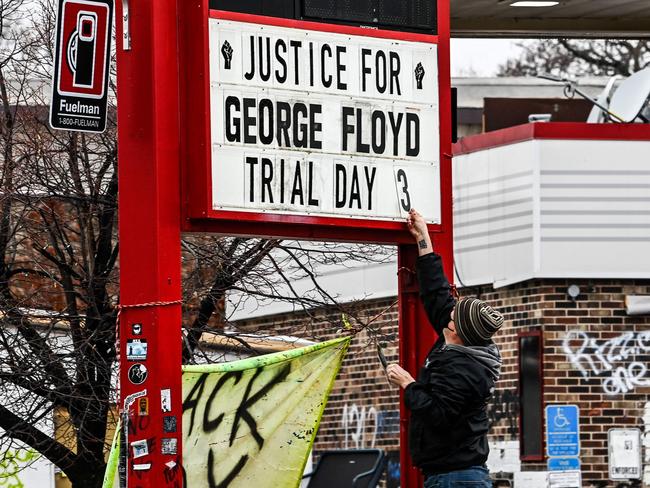
ACCUSED OFFICER FACES NEW CHARGE
The police officer accused of killing George Floyd has faced a new murder charge at his Minneapolis trial.
Derek Chauvin is now being tried for third degree murder as well as second degree murder and manslaughter.
This is the same charge that was successfully used to prosecute Mohamed Noor, the police officer who was in 2019 found guilty of murdering former Sydney life coach Justine Ruszczyk Damond.
Prosecutors had appealed for the lesser, third degree charge to be reinstated after Judge Peter Cahill last year dismissed it.
The second degree murder charge carries a 40 year sentence but will be a higher bar for the prosecution which would have to show Chauvin committed felon assault while he kneeled on Floyd’s neck until he died last May.
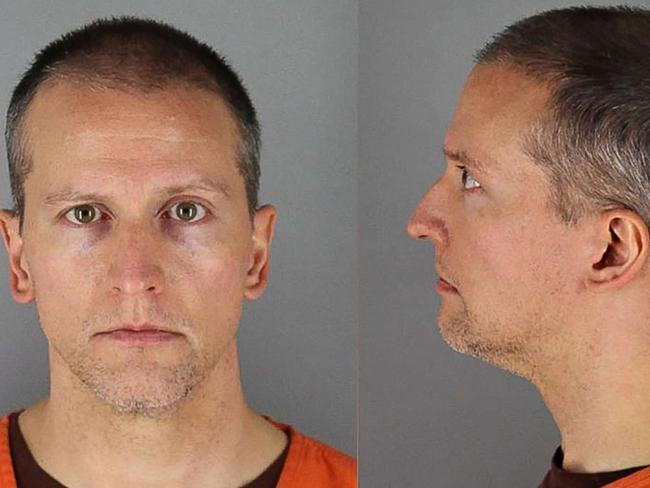
Third degree murder carries a maximum 25 year sentence.
Noor is serving 12 and a half years jail for killing Ms Damond by firing his police revolver at her after she called 911 to report a suspected sexual assault behind her home.
Minneapolis has been heavily fortified for Chauvin’s trial after Floyd’s death last year sparked race riots that spread across the US and the world.
Chauvin, who is being tried separately to the three other officers who tried to arrest Floyd for passing a fake $20 note last May, has pleaded not guilty.
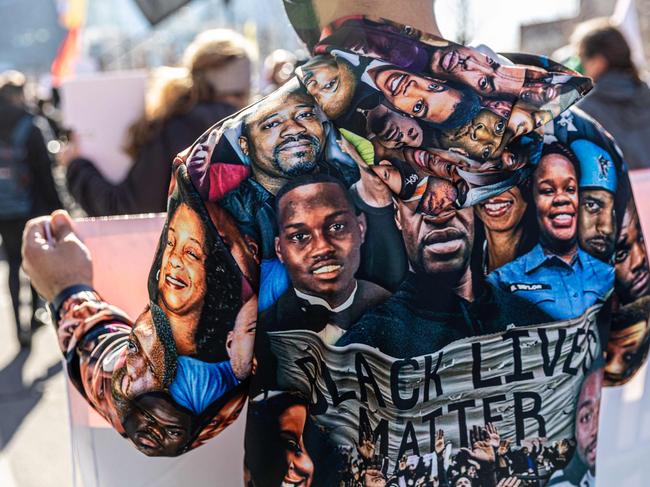
Three weeks of jury selection for Chauvin’s trial started Tuesday.
So far five jurors have been selected for the high profile case, with four men and one woman among the 12 who will serve plus two alternates.
Several have begged off the role out of concern for how high profile it is.
Potential juror 11 said yesterday he was worried protestors could target his home.
“I feel like this whole process is just going to snowball. Get bigger and bigger as the days go by,” he said.
“And I don’t know if I want to deal with that, the media attention, people outside the courthouse, guards and stuff. It’s a lot for me to take in.”
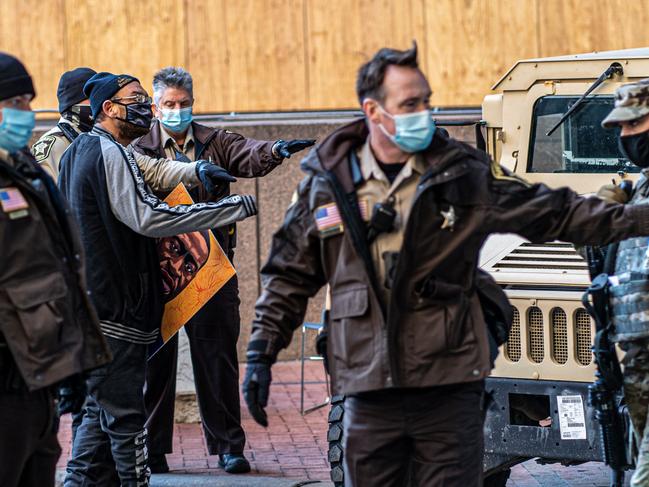
It comes as the jury selection was delayed at the murder trial of Derek Chauvin, the Minneapolis police officer who was filmed kneeling on George Floyd’s neck until he died.
Reaction to the video of the killing of Floyd, a black man whom the white Chauvin was arresting for passing a counterfeit $20 note, spread across the world and sparked an ongoing racial reckoning in the US.
In anticipation of further protests, the National Guard has effectively locked down the Midwest city where more than 1500 buildings were torched by rioters last June.
The area surrounding the court building has been fortified with bollards and razor wire.
Hundreds of protesters gathered near the heavily guarded Minneapolis courthouse.
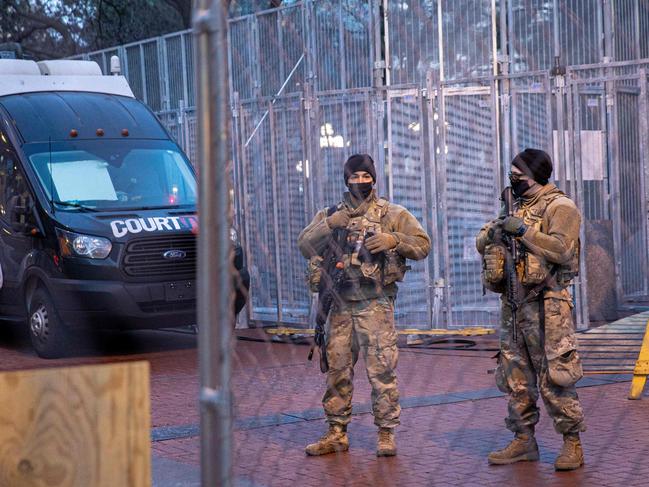
Judge Peter Cahill has set aside three weeks for jury selection and legal argument.
Chauvin is charged with second degree murder and second degree manslaughter and faces up to 40 years jail.
Judge Cahill sent the potential jury home Monday morning local time while a higher court considered an appeal over whether or not he has to reinstate a murder three charge that he struck out last October.
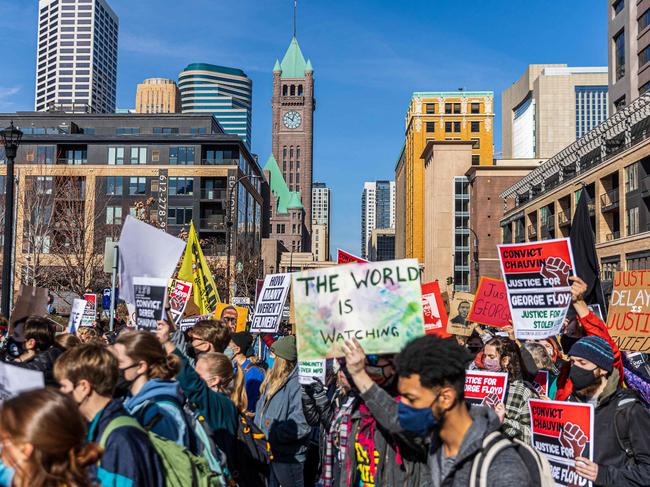
An appeals court decision on the charge is expected from Tuesday, local time.
Murder three is a lower bar for prosecutors to clear than the more significant second degree murder charge and carries a maximum 25 years jail compared to 40 years.
For second degree murder to stick, the jury would have to convict Chauvin of felony assault, which observers say will be complicated by the fact that the choke hold he used to restrain Floyd was police procedure in May last year.
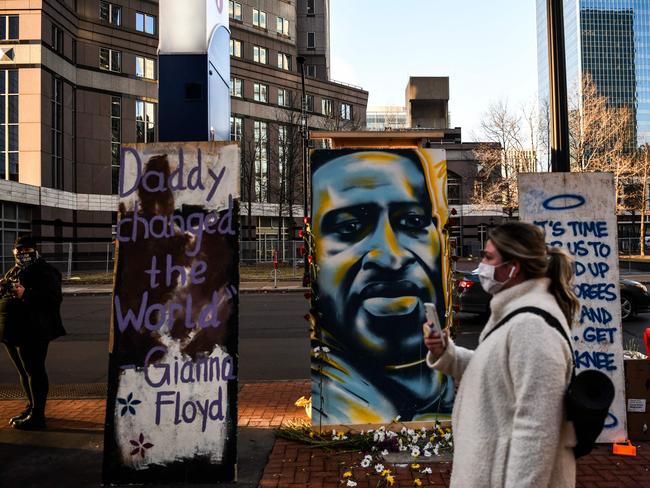
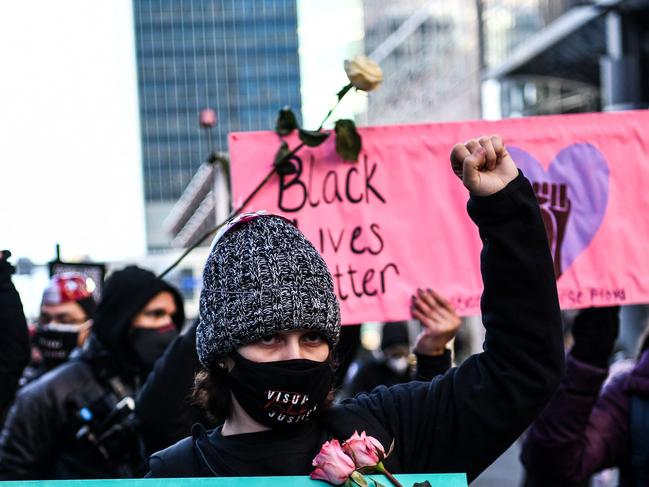
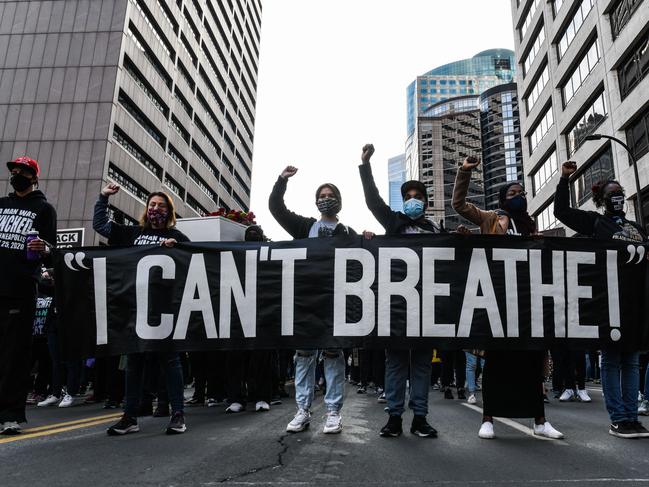
Floyd resisted arrest and was found to have amphetamines and fentanyl in his system during an autopsy.
Whether or not it is used, is tied to the appeal of Mohamed Noor, the police officer who was in 2018 found guilty of murdering former Sydney life coach Justine Damond Ruszczyk.
Hundreds of protesters gathered from early Monday near the Government Centre where the trial is taking place.
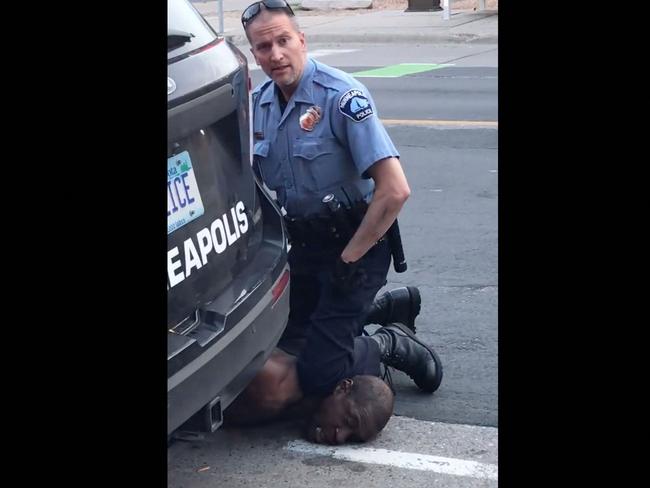
Minnesota lawyer general Keith Ellison was among those in the court. Attendance is strictly limited to due COVID and just one family member at a time is allowed in the room to represent Floyd and to support Chauvin.
Chauvin is being tried separately to the three other officers who are charged over Floyd’s death.
Due to significant interest in the trial, it is being streamed on Court TV.
More Coverage
Originally published as George Floyd trial: family awarded record payout




